For information on visiting programs and application processes click here
Edward Larocque Tinker Visiting Professors
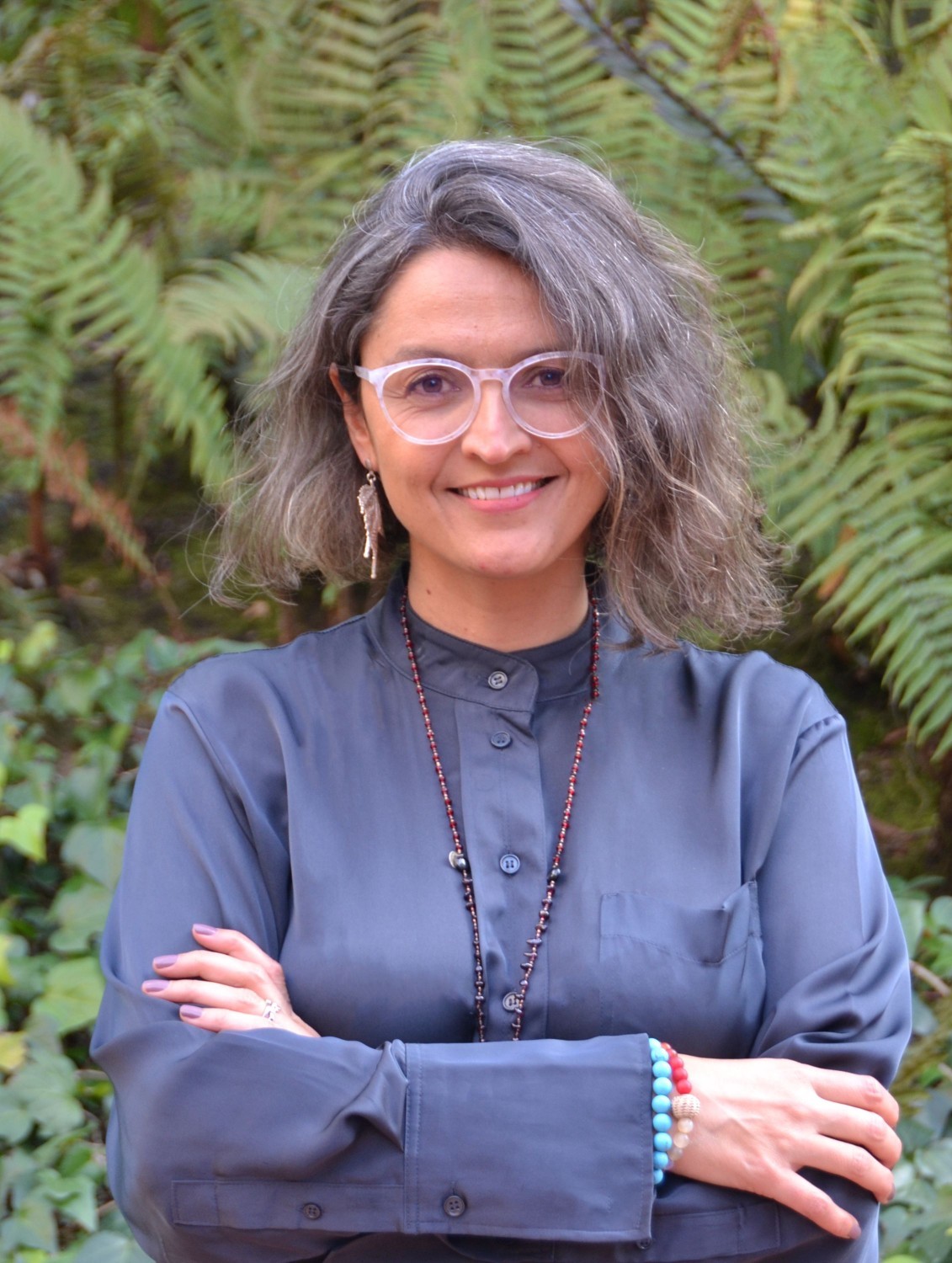
Maria Alejandra Vélez, Fall 2024
She is a full professor at the Faculty of Economics, Universidad de los Andes in Bogotá,
Colombia, and the Director of the Center for Studies on Security and Drugs (CESED) at
the same University. She holds a Ph.D. in Economics of Natural Resources from the
University of Massachusetts, Amherst, and is an economist from Universidad de los
Andes. She served as a postdoctoral Research Scientist (2006-2008) at the Center for
Research on Environmental Decision, Columbia University, New York City, and as the
Mellon Visiting Professor at Duke Center for Latin American & Caribbean Studies, Duke University, in 2013. Her research focuses on governance and institutional design for natural resource management in rural communities of the global south and on the
interaction between drug and environmental policy. Currently, she is studying the effect of payment for environmental services on conservation outcomes; the impacts of collectiveproperty-rights regimes on institutional changes, landscape, and the welfare of Afro-
Colombian communities on the Pacific Coast; and the strategies for gold mining
formalization. Recently, she has focused on the effects of illicit economies and drug
policies on natural resources, the models for cannabis regulation in Colombia, and the
impact of drug policies on communities’ well-being and security outcomes.
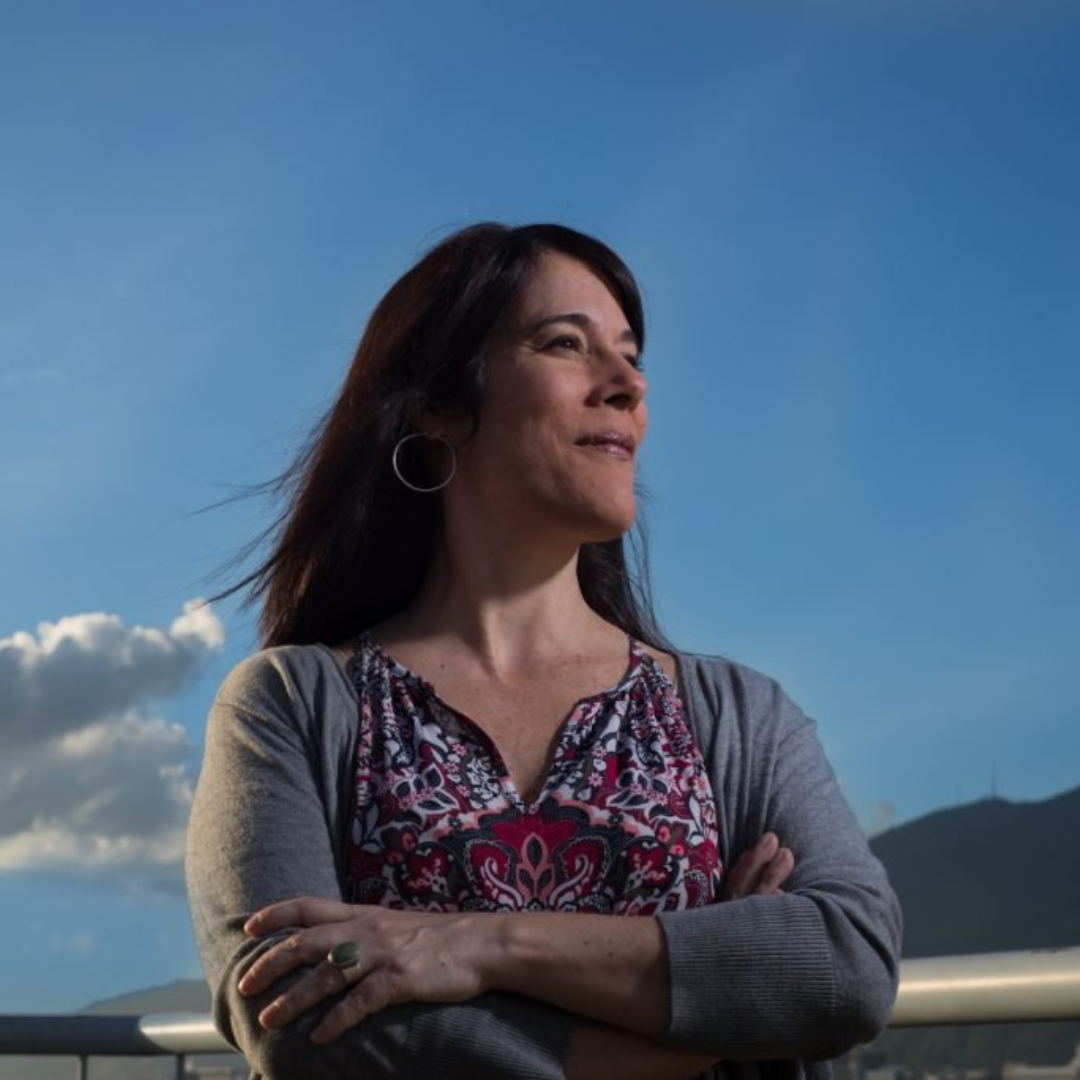
Verónica Zubillaga, Spring 2024
Verónica Zubillaga is a Venezuelan Sociologist. She holds a Doctorate in Sociology from the Catholic University of Louvain, Louvain-la-Neuve, Belgium (2003). She is currently Professor at the Universidad Simón Bolívar in Caracas. For the past twenty years, she has devoted herself to studying urban violence in Latin America; youth gang violence in Caracas; gender, public policy, and qualitative methods. In recent years Zubillaga has combined academia with public impact on social and armed violence, advocating for arms control and disarmament public policy in her country. Currently, she is actively promoting discussions about the search for justice vis-a-vis police violence in Venezuela. Her publications include the co-authored books: The Paradox of Violence in Venezuela (the University of Pittsburgh Press, forthcoming) with David Smilde and Rebecca Hanson; and La muerte nuestra de cada día. Violencia armada, y políticas de seguridad ciudadana en Venezuela (2021, Editorial de la Universidad del Rosario, Bogotá) with Manuel Llorens and Francisco Sánchez. Research grants include Fulbright Scholarship; The Open Society Foundations, and CAF-Banco de Desarrollo de América Latina, among others. She has been Craig Cogut Visiting Professor of Latin American Studies at Brown University in 2014 and 2015; Santander Visiting Scholar at the David Rockefeller Center for Latin American Studies, Harvard University in 2016; Visiting Fellow at The Kellogg Institute for International Studies, Notre Dame University (2018-2019). In 2016, in Caracas, with her colleagues, she founded the Red de Activismo e Investigación por la Convivencia, REACIN, an association devoted to research on urban violence and activism on human rights and public policy for pacific coexistence. While at Columbia she will conduct research that aims to develop and deepen the theoretical reflection on armed territorial orders and criminal governance in Latin America through the understudied case of Venezuela, and she will teach a course on “Exclusion, Gender and Mano Dura Policies: Understanding Gang Violence and Governance in Latin American Cities”.
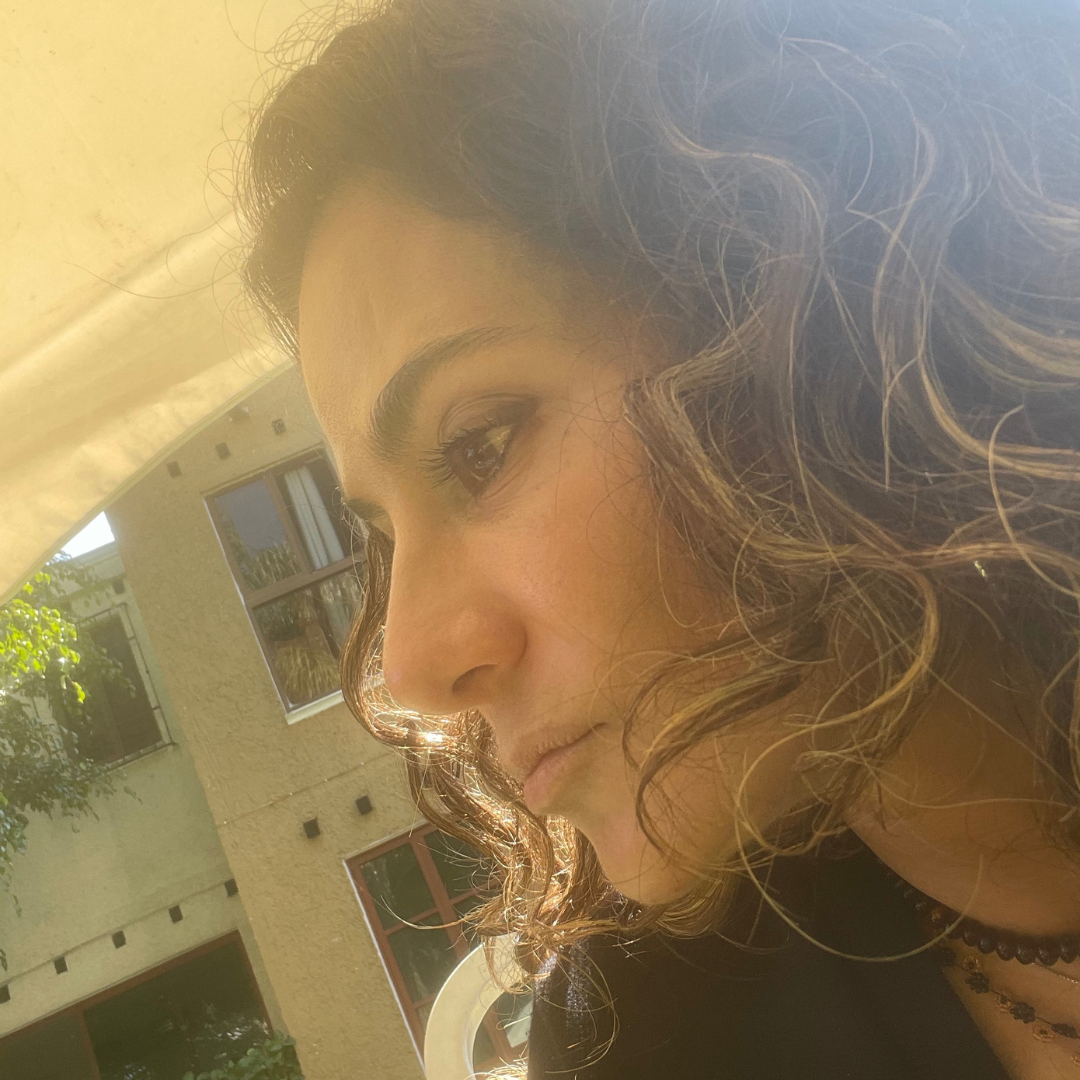
Rosaura Martínez Ruiz, Fall 2023
Rosaura Martínez Ruiz is Full Professor of Philosophy at the National Autonomous University of Mexico (UNAM) and a member of the National System of Researchers, level III. She was coordinator of the research projects "Philosophers after Freud" and "Philosophy and Psychoanalysis as Critical Boarders of the Political". She is the author of Freud y Derrida: escritura y psique (2013) and Eros: Más allá de la pulsión de muerte (2017). This last book has been translated into English and published en Fordham University Press (2021). She has coordinated several collective books and published articles on the intersections between psychoanalysis and philosophy and on the field of the psychopolitical. In 2017 she was awarded the Research Prize in Humanities by the Mexican Academy of Sciences; in 2019 she was a Fulbright Scholar; and in 2021 she received the Sor Juana Inez de la Cruz UNAM recognition. She is part of the advisory board of the "International Consortium of Critical Theory Programs.” While at Columbia she will conduct research on “Listening as a Fundamental Ethical Endeavor: A Reflection on the Role of Truth Commissions in Latin America”, and she will teach a course on “Collective Trauma, Testimony and Justice: Memory Studies in Latin America”.
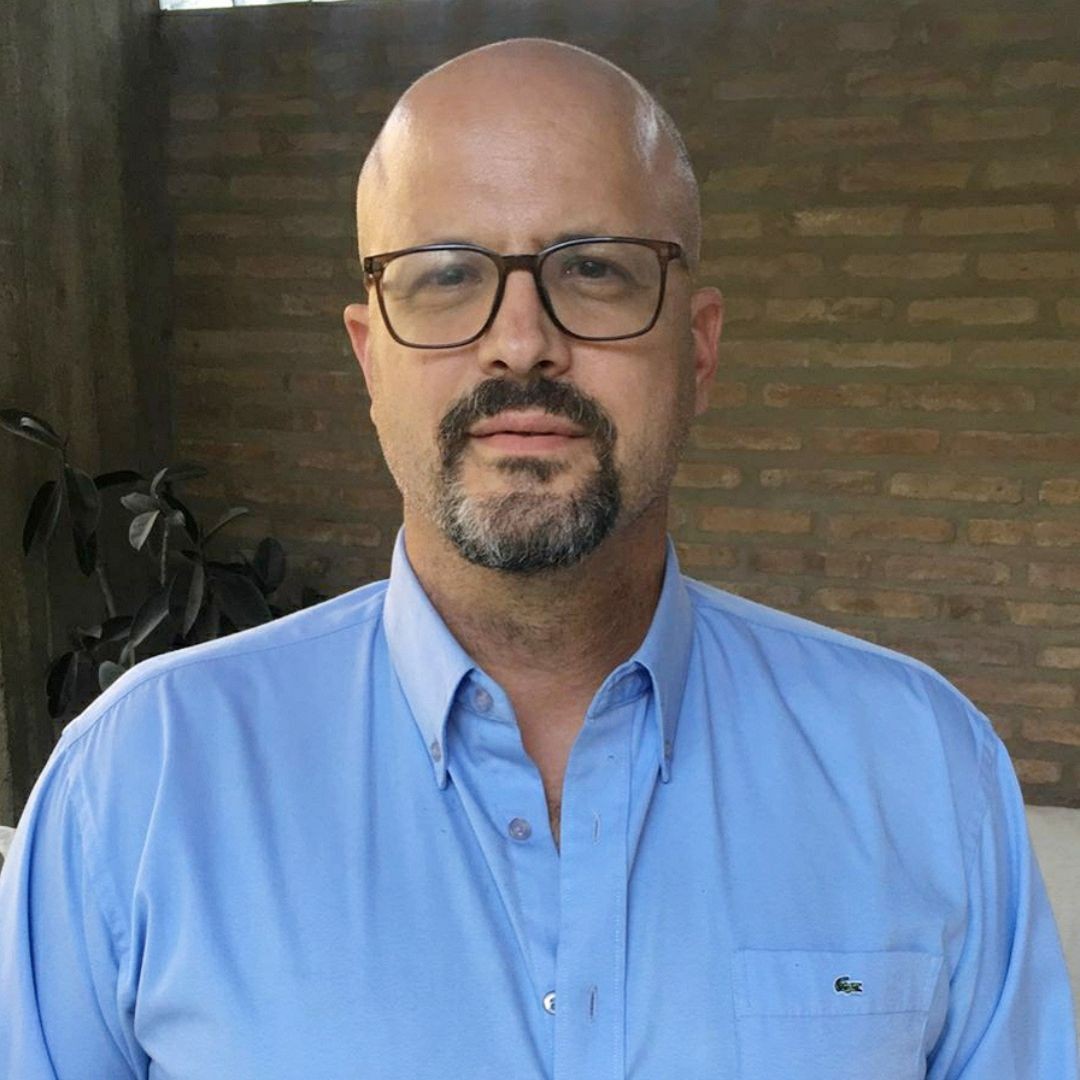
Paul Hathazy, Spring 2024
Paul Hathazy holds a Ph.D. in Sociology from the University of California, Berkeley (2013) and since 2015 is a full-time Independent researcher at the National Scientific and Technical Research Council of Argentina, working at the National University of Cordoba. He has obtained grants and funding from, among others, the Tinker, Ford and Open Society foundations, the Social Science Research Council as well as from Argentine agencies, and has been a visiting researcher or professor in Austria (2016), Brazil (2018) and Mexico (2018-2019). His long term interest is to understand the social determinants of organized state violence. He has pursued his research through comparative-historical analysis of change in the penal sectors of the State and on the making of security policies in Latin America (particularly in Argentina, Chile and Mexico) as well as through ethnographic studies of police use of force. He is currently working on how regional international organizations and subnational governments shape penal and security policies in the Southern Cone of Latin America. His work has appeared in venues such as International Sociology, Global Crime, Crime, Law and Social Change, Comparative Sociology and Desarrollo Económico.
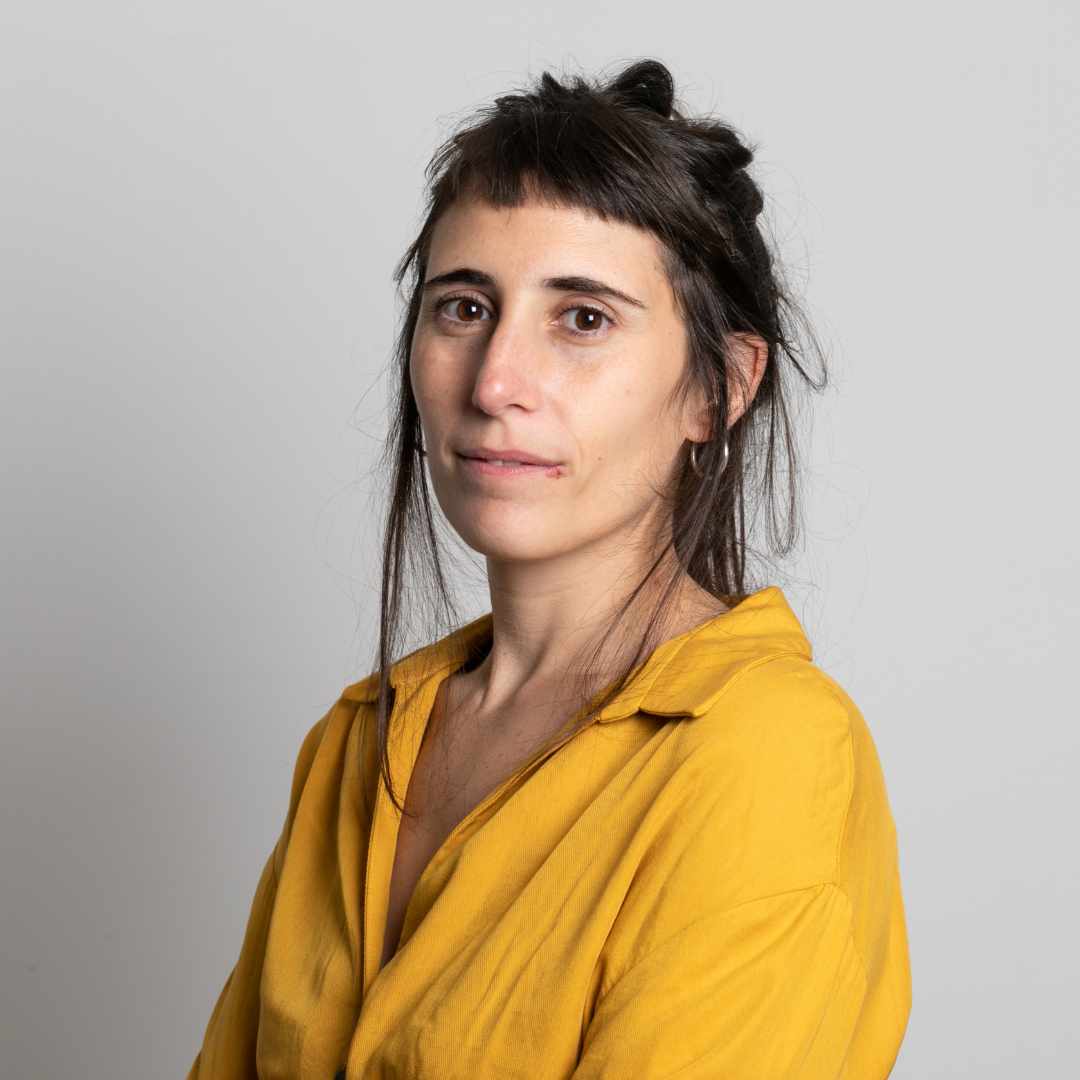
Martina Lassalle, Spring 2024
Martina Lassalle holds a PhD in Social Sciences and a Degree in Sociology from the University of Buenos Aires. Her research focuses on the functioning of the Argentinean Judiciary, Security and Violence. Currently, she is a researcher in the Area of Justice of Fundar and an assistant professor at the department of sociology of the University of Buenos Aires. She has participated in several research projects on crime and punishment in the Gino Germani Research Institute and has also been a visiting fellow at universities in Germany, Mexico, Brazil and The Netherlands. She was awarded scholarships by the German Academic Exchange Service (DAAD), the Coimbra Group of Universities, the University of Buenos Aires and the Iberoamerican University Association for Postgraduate Studies (AUIP).
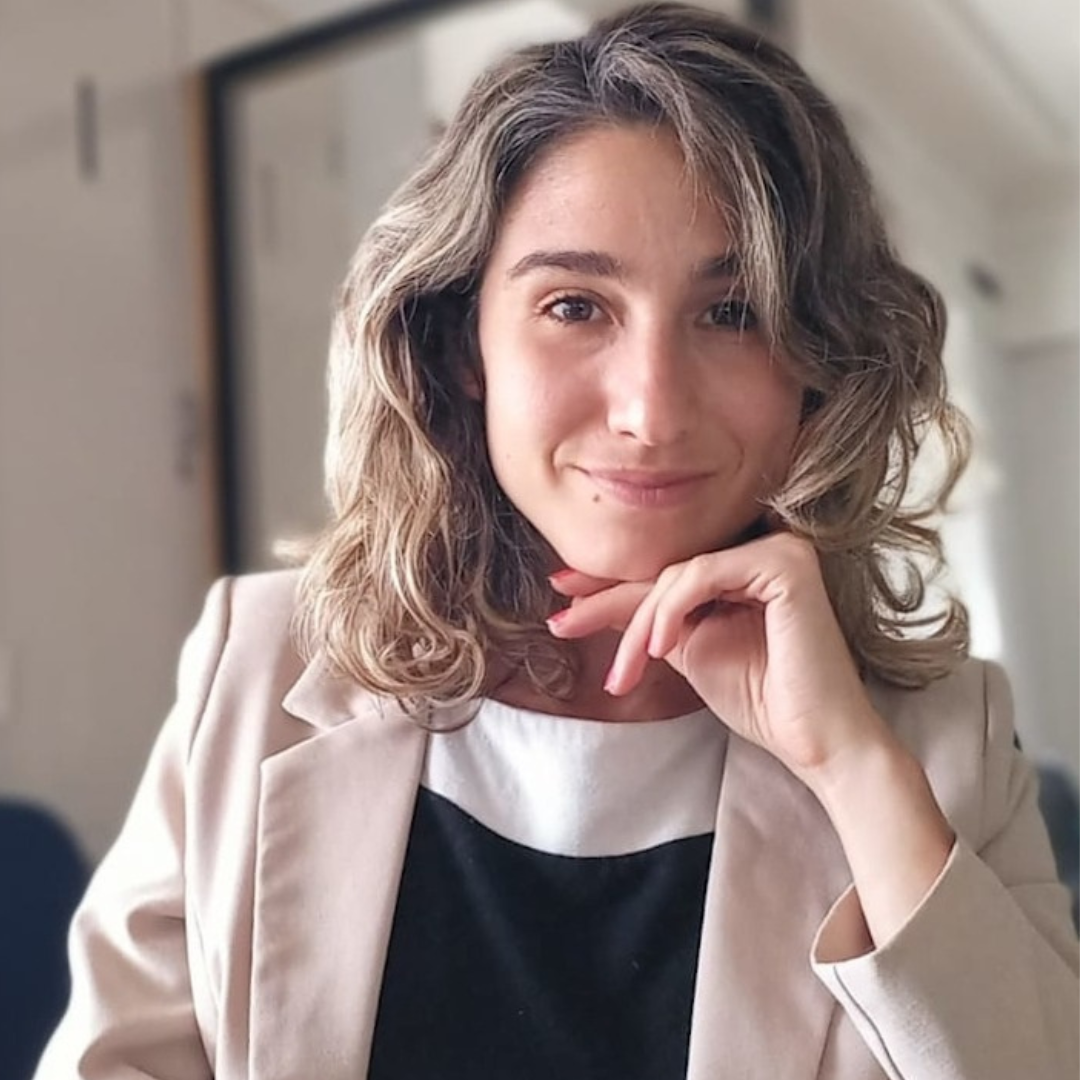
Sol Prieto, Spring 2024
Sol Prieto is a sociologist and political scientist working on fiscal and development policies from a gender perspective in Argentina. She holds a PhD in Social Sciences at Universidad de Buenos Aires (UBA), a MA in Political Science at Universidad Torcuato Di Tella (UTDT), and a Sociology degree at UBA. Her research agenda is centered in gender-sensitive budgeting and sectoral analysis focusing on the inclusion of women and transgender people on the development strategy. Currently, she is tha National Director of Economy, Equality and Gender in the Ministry of Economy in Argentina. She is also a Researcher at the National Scientific and Technical Research Council (CONICET) and an associate professor at Universidad de San Andrés (UdeSA) and UBA.
- Esteban Carlos Serrani - Universidad Nacional de San Martin, Argentina; "Industrial Policy and Energy Transition in Latina America and United States of America."
- Fabio Sánchez - Universidad de los Andes, Colombia; “Economic History of the Colonial Colombia.”
- Felipe Ramos-Garcia - University of Sao Paulo, Brazil.; "Militarization of Public Safety in Latin America"
- Issa Luna - Universidad Nacional Autonoma de Mexico; "Corporate corruption networks in Mexico and legal implications"
- Marcelo Lima Loreto - Federal University of Rio de Janeiro, Brazil; “Relationship between Brazil and the United States; History of Science."
- Maria Clara Mocellin - Federal University of Santa Maria, Brazil; "International Migrations and Mobilities."
- Milena Arancibia - FLACSO, Latin American Faculty of Social Science - CONICET, National Scientific and Technical Research Council, Argentina; "Women's labor and care work trajectories from an intersectional perspective."
- Peter Vaz da Fonseca, Saint Paul College, Brazil; "The influence of taxes on the multinational companies’ foreign direct investment."
- Saúl Alejandro Hernández Rosales, Consejo Latinoamericano de Ciencias Sociales (CLACSO), Venezuela; "Racism and Rule in the Caribbean: From the Dictatorships of the 1950s to the Criminalization of Migration Today."
